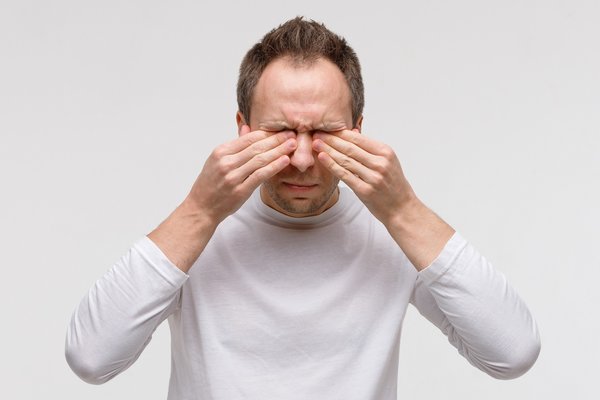Cataract surgery, dry eyes and glaucoma: FAQ
An interview with Erwin Bouwman, Manager Clinical Research at OPHTEC, 12 November 2020Erwin Bouwman is manager of the Clinical Research department at Ophtec and conducts research into clinical products. Erwin regularly receives questions about the consequences of cataract surgery, such as dry eyes or glaucoma. Below, he answers a number of frequently asked questions.
Can cataract surgery cause dry eyes?
Cataract surgery can cause dry eyes or exacerbate the symptoms patients were already experiencing. It particularly affects people who do not apply eye drops often enough, so it is important to remember to do this.
Not everyone suffers from dry eyes immediately after surgery, and applying eye drops is often forgotten. This could, of course, also have to do with age, as cataract mainly occurs in elderly people. Older people may need help to apply eye drops.
Can dry eyes cause cataract?
Dry eyes do not cause cataract and cataract is not exacerbated by dry eyes. But dry eyes may influence pre-operative measurements. As a result, patients may not get the correct lens power and may have to wear glasses after the procedure. A good pre-operative measurement is particularly important for patients who want multifocal lenses. These patients must therefore be treated for dry eyes prior to surgery to ensure that the correct lens is prescribed.
What is glaucoma?
In people with glaucoma, the eye pressure is too high, which may damage the optic nerve. This high eye pressure is the result of the fact that more fluid is secreted to the chambers of the eye than is discharged. Left untreated, glaucoma can permanently affect vision. Glaucoma is one of the main reasons for blindness worldwide.
Is there a connection between cataract and glaucoma?
Glaucoma and cataract are unrelated, although cataract can increase the pressure inside the eye. In some cases, cataract surgery can help lower the pressure and, as a result, the risk of glaucoma. This has to be determined on an individual basis.
Cataract surgery is hardly ever performed to remedy glaucoma; it is a side effect. It is mostly a positive side effect, but complications during cataract surgery may cause increased pressure in the eye, although this is very rare.
Can someone with glaucoma have cataract surgery?
This has to be reviewed on a individual basis. It depends on the stage of the disease, which medication a patient takes, etc. Doctors will almost always try and treat the glaucoma itself first, usually with medication. Surgical interventions are also possible, but only when the medicines do not have the desired effect. Such surgery involves implanting small tubes to drain off the excess fluid.


